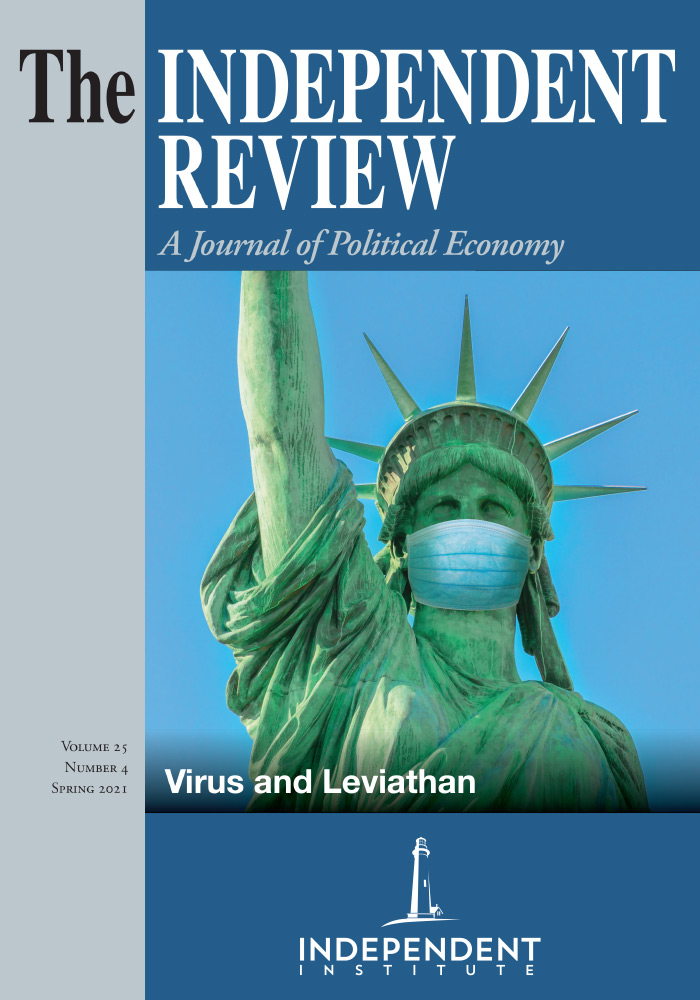Executive Summary
In response to the COVID-19 pandemic, governments around the world adopted a variety of policies expanding the scope of their power. We explore these long-run consequences with specific focus on how institutional changes can persist after a public health crisis ends, causing increases in state power. These changes have the potential to undermine the liberties of future persons and disrupt bottom-up, non-state processes of social coordination. We illustrate these dynamics with three historical case studies—(1) The bubonic plague in Cape Town, South Africa in 1901 and its influence on apartheid, (2) The emergence of modern zoning and urban planning in the United States in response to cholera, typhoid, smallpox, and tuberculosis epidemics, and (3) Compulsory vaccination in response to the smallpox epidemic of 1902.






